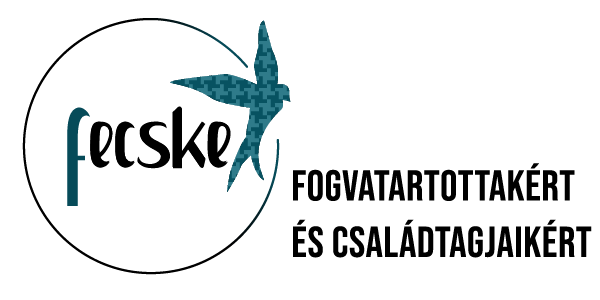FECSKE launches mental health support group for detainees’ loved ones
Translation is available for this content
Váltás magyarraThe Support Network for Detainees and their Families (FECSKE) has launched its first mental health support group for the loved ones of people detained in prisons. With this support group, FECSKE helps relatives identify their external and internal resources to support themselves and their families more effectively in the future.
Prisoners serve their sentences in difficult and often poor conditions, regardless of their crime, which often also penalises their loved ones, who are also particularly vulnerable members of society. Thousands of family members of people currently serving prison sentences live on the margins of society. This group is significantly affected by the inadequacies of the social care system. In many cases, the relatives of people experiencing incarceration become the sole breadwinners, carrying a heavy burden. Targeted support for relatives is almost non-existent, while a stable and functioning support network is essential for the reintegration of people impacted by imprisonment into society.
FECSKE launched this group using the SozialMarie Social Innovation Prize it won this year as funding because prisoners’ families are often left alone, having no one to share the burden of incarceration with. Their problems and life situations are invisible. The world of prison is associated with stigma and prejudice on the part of society, which also extends to the relatives of people experiencing imprisonment. Family members are in great need of an emotionally safe space where they can share their experiences and feelings related to their difficult life situations. They can also provide each other with support and information. The members of the support group, led by mental health support professionals, focus their attention on themselves and their detained relatives. They can draw strength and motivation from each other’s experiences and coping methods to help them deal with and solve problems. In group sessions, they can take some of the burden off themselves. This way, a stronger family can await those who finish their prison sentences.
